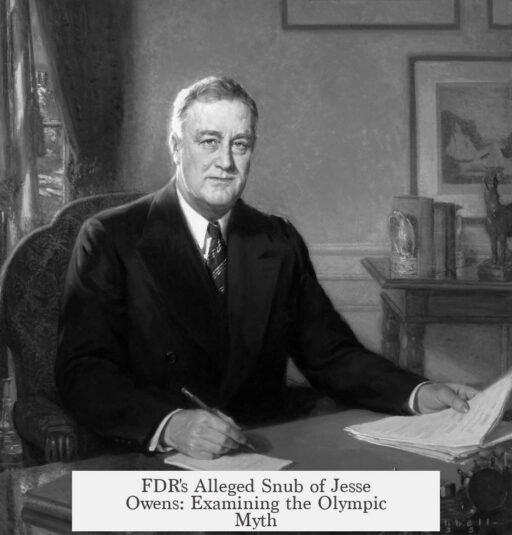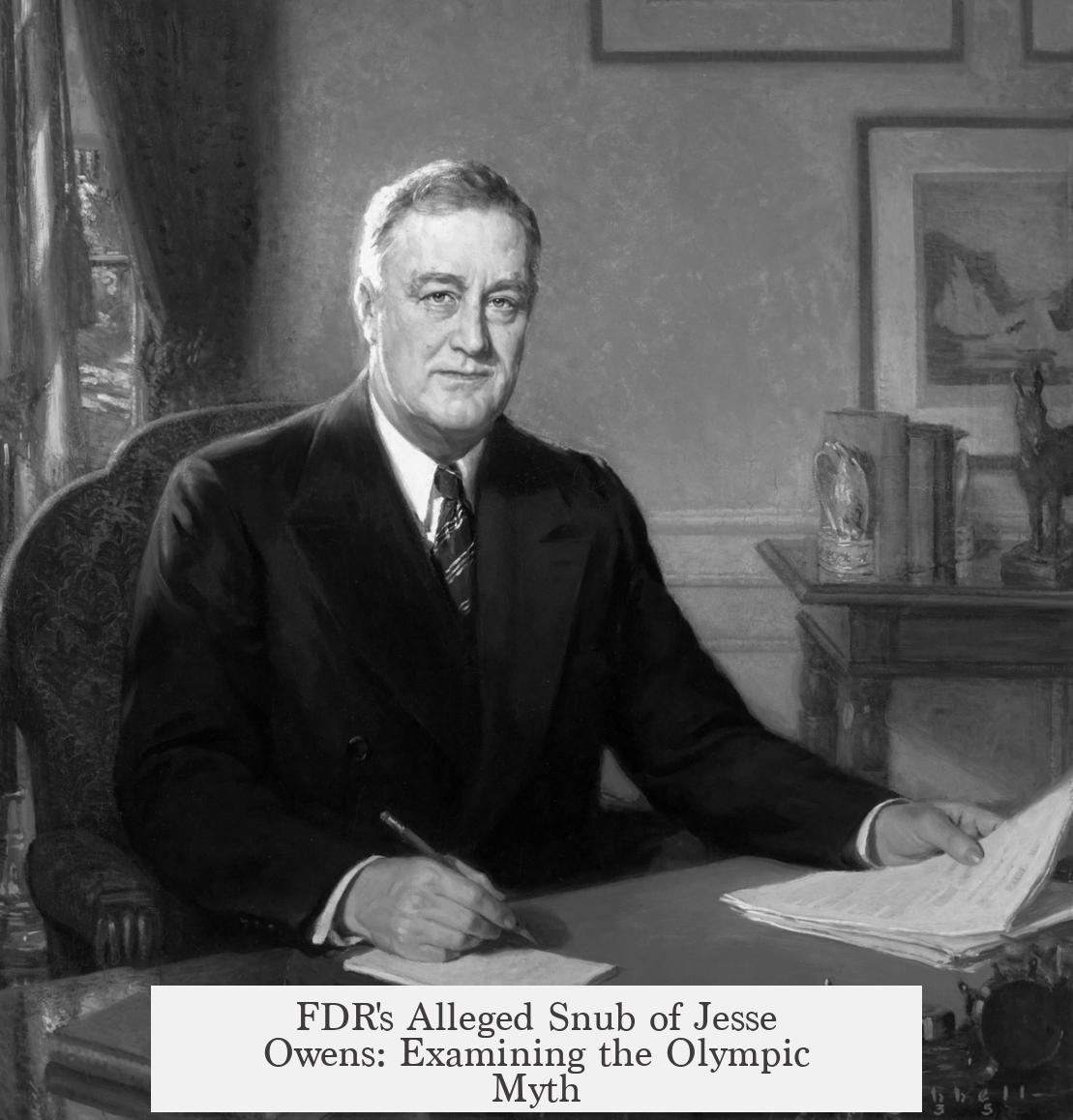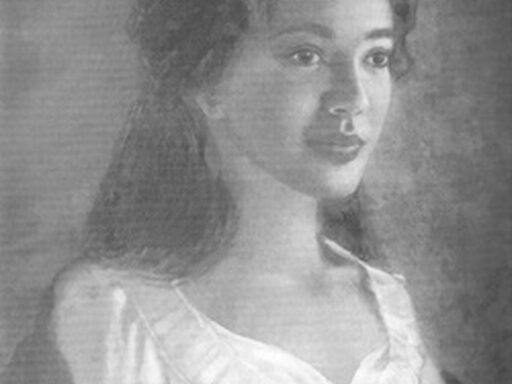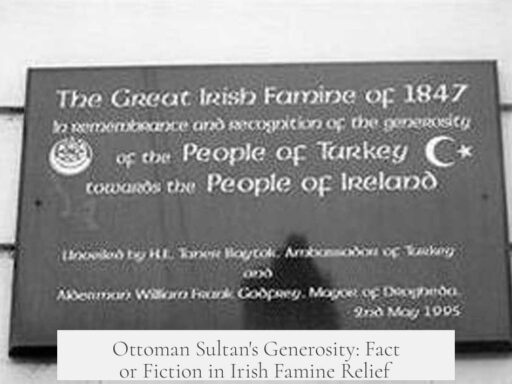It is true that Franklin Delano Roosevelt (FDR) snubbed Jesse Owens by not acknowledging his Olympic achievements, while Adolf Hitler did not personally congratulate Owens due to Olympic protocol rather than a deliberate slight. Owens publicly expressed feeling ignored by FDR, as the President did not send congratulatory messages to African-American champions nor invite them to the White House, unlike the white athletes. In contrast, Hitler’s lack of personal congratulations stemmed from the IOC’s directive to avoid favoritism, requiring either all or no champions be congratulated by the host head of state, which led Hitler to refrain from public acknowledgments after the first day of competition.
Hitler initially congratulated only German athletes, attracting criticism from the International Olympic Committee (IOC). Henri de Baillet-Latour, the IOC President, insisted on equality and, as a result, Hitler chose not to publicly congratulate any athletes following the first day. When Jesse Owens secured multiple gold medals, Hitler upheld this decision and did not acknowledge Owens personally, only offering a customary wave to all champions during the parade.
FDR’s snub is more clearly documented in Owens’ statements. Owens claimed that while white American victors received invitations to the White House and official recognition, African-American athletes were excluded from such honors. This illustrates the racial discrimination that persisted in the United States, contrasting with Hitler’s apolitical adherence to Olympic protocol rather than overt racial disrespect in public ceremonies.
The perception of African-American athletes in Germany before and during the 1936 Olympics was complex. Contrary to common assumptions, German newspapers like Volkischer Beobachter acknowledged the high skill level of African-American competitors, including Owens, celebrating their achievements to some degree. For example, the newspaper anticipated strong performances from athletes like Owens, demonstrating that Germany did not view their success as unexpected.
Regarding the myth of Aryan superiority, it mainly circulated within Germany and was a key part of Nazi ideology. However, Germans recognized their athletes were not always victorious, and Owens was not the only non-Aryan champion. African-American athletes such as Cornelius Johnson and Ralph Metcalfe also secured victories. Furthermore, athletes from other non-Aryan backgrounds, including Japanese and Egyptian competitors, won gold medals, further disproving any simplistic notion of racial superiority on the Olympic stage.
Hitler’s personal racial views, expressed in his writings such as Mein Kampf, considered Africans and Asians inferior. Still, his public behavior at the Olympics was influenced more by IOC rules than personal animosity toward Owens. By not congratulating any athlete after the first day, Hitler avoided singling out Owens or any other non-German champion, maintaining an appearance of neutrality as demanded by the Olympic framework.
To summarize, while Hitler did not publicly congratulate Jesse Owens after his victories, this was enforced by official Olympic guidelines aimed at fairness rather than targeting Owens personally. In contrast, Owens openly felt snubbed by FDR, who failed to honor African-American champions in the United States, highlighting domestic racial inequalities. German society and media acknowledged Owens’ excellence, and other non-Aryan athletes also succeeded, challenging Nazi racial doctrines.
- Hitler’s lack of congratulations was due to Olympic protocol, not a personal snub of Owens.
- FDR did not publicly recognize Owens and African-American athletes, which Owens viewed as a racial snub.
- German media recognized African-American athletes’ abilities before and during the Games.
- Multiple non-Aryan athletes, including African-Americans, Asians, and Egyptians, won gold medals in 1936.
- Nazi racial ideology considered Africans and Asians inferior, but Olympic behavior was constrained by IOC rules.
Did Adolf Hitler personally snub Jesse Owens during the 1936 Olympics?
No. Hitler did not publicly congratulate Owens because Olympic protocol discouraged the head of state from singling out winners. After the first day, Hitler chose not to congratulate any athletes to maintain equality.
Was Jesse Owens snubbed by Franklin D. Roosevelt after the Olympics?
Yes. Owens said President Roosevelt never sent congratulations to African-American winners or recognized their achievements. However, Roosevelt did invite white winners to the White House.
Did the German public see Owens’ victories as a surprise during the 1936 Games?
No. German media recognized African-American athletes’ strength beforehand and praised their skills. Owens’ victories were expected rather than shocking.
Did Jesse Owens single-handedly disprove the myth of Aryan superiority?
Not entirely. Owens was one of several non-Aryan champions, including other African-American and international athletes. The myth was already limited mainly to Germany.
Did Hitler’s racial views influence how he treated Olympic winners?
Hitler held racist beliefs but avoided publicly congratulating any athletes after the first day. His decision was based on Olympic Committee rules more than targeting Owens specifically.




